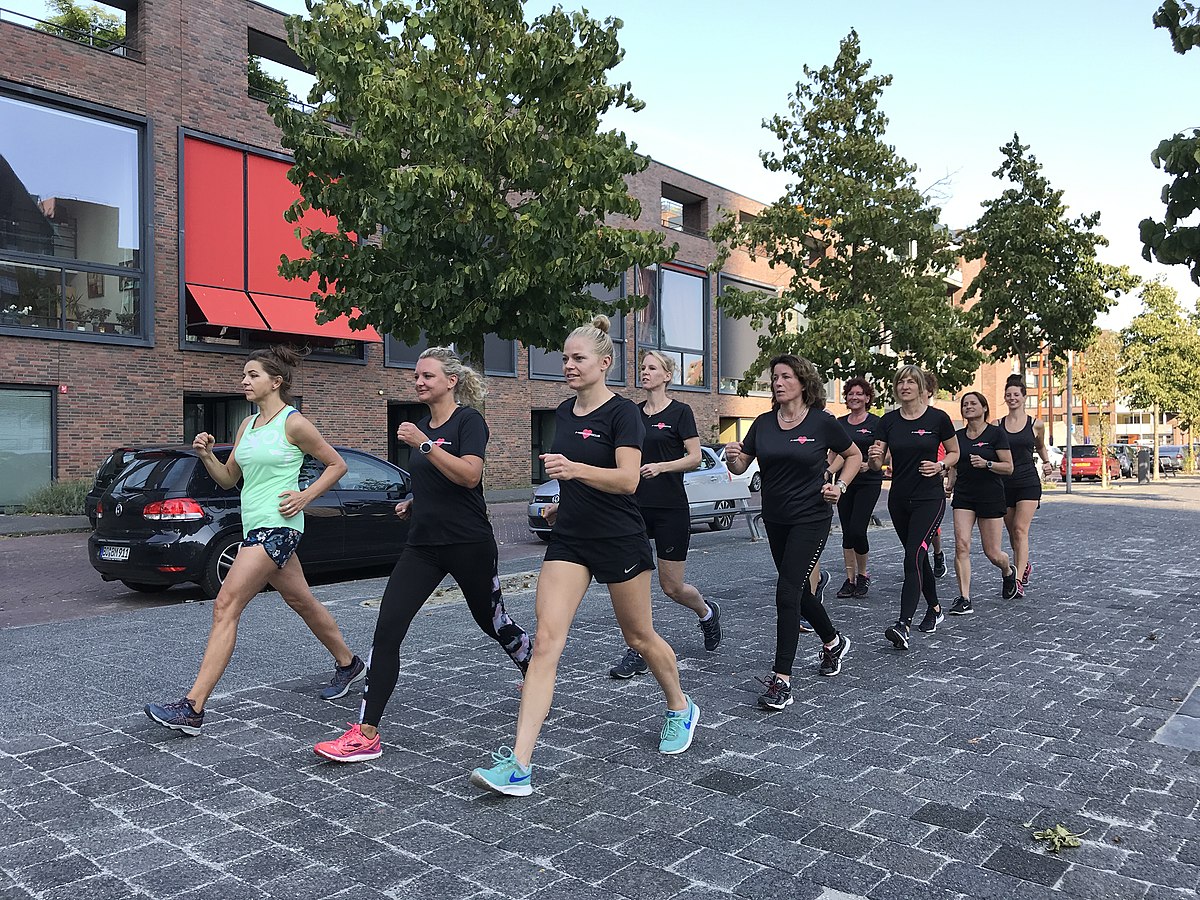- Cities where it's easy to walk and bike have fewer instances of obesity and high blood pressure, according to a new study. (City Lab)
- Selling bulk passes to businesses, schools and other large institutions could help transit agencies rebuild their ridership post-pandemic. (Transit Center)
- Placing hope in environmentally harmful lithium mining to save the world from climate catastrophe will only feed Americans' thirst for bigger vehicles with bigger batteries, and prevent shifting toward walking and biking. (CNU Public Square)
- Europe's tiny electric cars are more fuel-efficient than standard EVs, but they're often illegal in the U.S. (Fast Company)
- U.S. railroads are going against their own self-interests by opposing electrification. (Clean Technica)
- President Biden wants infrastructure grant recipients to buy American. The problem is, a lot of the necessary materials are no longer made in the U.S. (Washington Post)
- Austin's Cap Metro is delaying two new bus rapid transit routes until 2025 due to miscalculations about how many electric buses will be required. (KUT)
- Cincinnati is seeking feedback on proposed BRT routes. (City Beat)
- Portland's Biketown bikeshare service is hiking fees by 50 percent. (Bike Portland)
- A San Diego man whose brother was killed by a driver while riding an e-scooter writes that protected bike lanes could have saved his life. (Union-Tribune)
- New bike lanes in Kalamazoo will connect downtown and the Northside. (MLive)
- A coalition of Peoria groups is fighting to prioritize walking and biking over cars. (WCBU)
- Yemen is finally paving its rugged "Death Road" that has claimed numerous lives. (United Nations Development Program)
- If you want to see the world by bike, here are the 10 best cities to visit. (Crossroads Today)
Stay in touch
Sign up for our free newsletter
More from Streetsblog USA
Monday’s Headlines Are Dragging Their Feet
The Trump administration claims the Biden administration left them with a backlog — but they've actually been far slower at getting transportation money to states than their predecessors, a new analysis finds.
These U.S. Communities’ So-Called ‘Complete Streets’ Policies Don’t Even Deserve the Name
Any city can call itself a "Complete Streets" champion. But not all of them are walking the walk — and if they don't, a top organization says they'll no longer give them a platform on its esteemed "best of" ranking.
Communities Rally To Reclaim Streets From ICE Terror
"This is an attack on Los Angeles. This is an attack on California. On all of us."
Friday Video: The London Neighborhood Where Bikes Outnumber Cars
...and how they got to that impressive milestone.
Friday’s Headlines Battle Galactus
Like the Marvel supervillain, U.S. interstate highway system seems to eat up everything in his path. A new book explores how to stop it.
New Report Shows Pedestrian Fatalities Drop — But Experts Say Not Enough
The Governors Highway Safety Association report showed a 4 percent drop in the number of pedestrian deaths last year, putting a slow on a dangerous trend — but advocates say the drop isn't nearly big enough.






